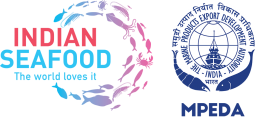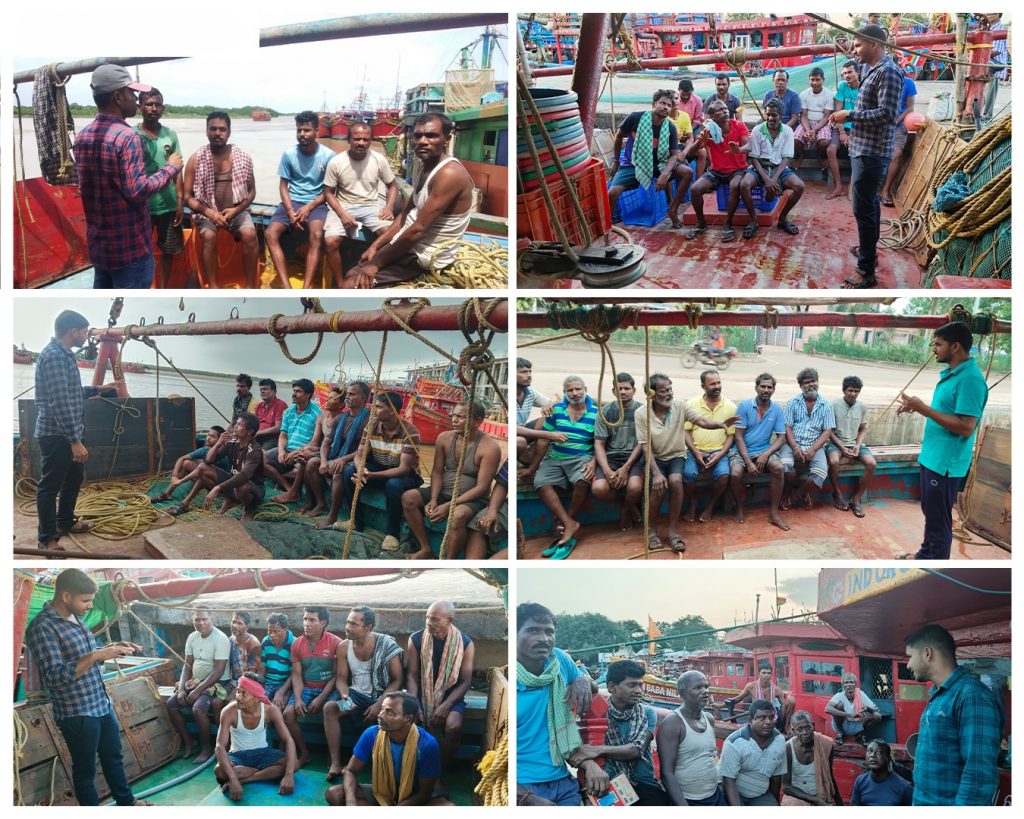Aquaculture plays a vital role in supporting the livelihoods of many, especially in coastal regions. With increasing demand for seafood and a growing emphasis on sustainable practices, the Marine Products Export Development Authority (MPEDA) has taken the initiative to offer specialized training programs. These programs, lasting 3-5 days, aim to empower farmers, members of Scheduled Castes (SC), Scheduled Tribes (ST), and individuals looking to venture into the field of aquaculture. The training focuses on sustainable shrimp aquaculture and diversification techniques, ensuring long-term productivity while protecting the environment.
1. Supporting Farmers in Sustainable Practices
For farmers already engaged in aquaculture, MPEDA usually offers a 3-day training program. This intensive course is designed to educate them on:
Sustainable farming practices: Techniques that not only enhance productivity but also minimize environmental impact, ensuring that farming activities do not degrade the surrounding ecosystem.
Better Management Practices (BMPs): These guidelines help farmers optimize their resources, manage risks, and maintain high standards of product quality while reducing operational costs.
Farming technology for diversified aquaculture: With the rising need to diversify, farmers are introduced to potential species that can be farmed alongside or in place of traditional shrimp culture. This diversification helps mitigate risks, such as market fluctuations or diseases, ensuring more stable incomes for farmers.
Through this training, experienced farmers can improve their farming techniques, adopt more sustainable methods, and increase their knowledge on how to diversify their aquaculture ventures for long-term success.
2. Empowering SC/ST Communities for Self-Employment
MPEDA’s training extends its support to members of the SC/ST communities by offering 5-day comprehensive programs on sustainable shrimp and prawn culture. These sessions are designed to equip individuals with the skills needed to either start their own shrimp farming ventures or gain employment in established shrimp farms.
The training covers:
Basics of shrimp and prawn culture: Participants are introduced to the fundamental aspects of aquaculture, including pond preparation, water quality management, feed management, and disease prevention.
Sustainable practices for self-employment: Emphasizing sustainable methods, the training ensures that those taking up shrimp farming can do so in a way that benefits both their livelihood and the environment.
Employment opportunities: For those who may not want to start their own farms, the training opens doors to employment in shrimp farms, allowing them to earn a stable livelihood. Employers are increasingly looking for workers with knowledge of sustainable aquaculture practices, making this training highly valuable.
3. A Path to Sustainable Livelihoods
The overall goal of MPEDA’s training programs is to promote sustainable shrimp aquaculture while uplifting marginalized communities. By providing these training sessions, MPEDA is not only helping farmers improve their business practices but also enabling individuals from SC/ST communities to secure self-employment or job opportunities in the aquaculture industry.
With sustainable aquaculture playing an important role in global food security, these training programs are a critical step in ensuring that the industry grows responsibly. By focusing on sustainability, MPEDA aims to create a balance between meeting the increasing demand for seafood and protecting our marine ecosystems for future generations.
4. Looking Ahead
As the world continues to focus on sustainability, the need for well-trained, knowledgeable individuals in the aquaculture industry will grow. MPEDA’s commitment to providing these training opportunities ensures that farmers and communities across India are prepared to meet the challenges and opportunities of this evolving sector. The organization’s efforts are not just about enhancing aquaculture; they are about transforming lives through education, skill development, and environmental stewardship.
In the long run, this initiative will create ripple effects of positive change – from improved livelihoods to healthier ecosystems. With MPEDA’s support, communities can embrace aquaculture as a sustainable and profitable means of living while contributing to the global effort for responsible seafood production.

